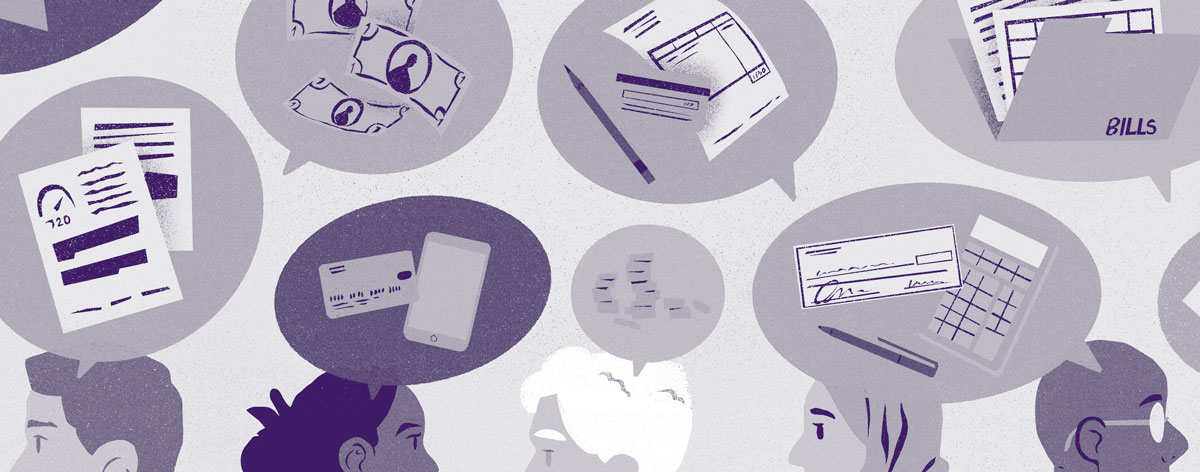
Refinancing can be beneficial if everything lines up in your favor. What can you get out of it? The list is long and exciting for someone stuck with loan payments that they aren’t happy with.
Lower Interest Rate
One of the most powerful outcomes of refinancing a loan is a lower interest rate. Whether your credit score has improved since you originally took out the loan or simply because average rates have dropped, if a significantly lower rate is possible, it’s worth looking into. A lower interest rate can make a big difference in how much you pay over the life of your loan.
Lower Monthly Payment
If your current monthly payment is hard to afford, you might be able to lower it through refinancing. Most often, this is done through the combination of a long (or longer) term on a lower total loan amount. For example, if you took out a 30 year mortgage for $100,000 and paid off $20,000, that would leave you with $80,000 left to pay. If you decide to refinance with another 30 year loan, you can now spread the payments for the remaining $80,000 out over 30 years. This makes your monthly payment smaller.
That being said, it’s important to take interest into account. If you were already 10 years into your mortgage and decided to refinance for another 30-year mortgage, you’d now be paying interest for a total of 40 years. That means that while your monthly payments may be smaller, it’s possible that you’ll pay more overall than you would have without refinancing.
Auto Refinance Calculator Click here
Shorter Term
You could refinance to shorten the term of your loan. Mortgages especially benefit from shorter terms. For example, the difference in total interest for a 15-year mortgage vs a 30-year mortgage is significant. This is because 30-year mortgages usually have higher interest rates and require you to make payments for twice as long, allowing more interest to rack up. Refinancing to a 15-year option will allow you to pay off the loan quicker and save some cash, but be aware that a shorter mortgage term also means higher monthly payments.
If refinancing won’t significantly change your interest rate, it may be just as effective to simply make larger monthly payments on your own. But make sure to check if your loan has any prepayment penalties. These fees can be significant and reduce the benefit of paying your loan off early.
Debt Payoff Calculator Click here
Extra Cash
A cash-out refinance allows you to borrow enough money to pay off your old loan and a little extra. Unless it’s a limited cash-out refinance, you can then use that extra money for whatever you would like. Use extreme caution when considering a cash-out refinance as it increases your debt. While it may feel tempting to get extra cash, it’s dangerous to take out more than you can afford to pay back.
When doing a cash out refinance on a mortgage, you can usually borrow up to 80% of your equity (the market value for the amount of your home you own). But if you choose a cash-out refinance for an investment, like a home, you’re trading in equity for more debt and putting yourself in a riskier situation.
A New Type of Loan
If you’re unhappy with the type of loan that you originally borrowed, refinancing can allow you to change that. For example, if you started with an adjustable rate mortgage and want to switch to something a bit more steady, you can refinance with a fixed rate mortgage.
Consider Carefully
Refinancing is a fairly simple idea that can be complicated in action. Carefully consider whether the drawbacks and benefits of refinancing will come out in your favor. Be aware that there are costs associated with refinancing a loan since you’re essentially taking out an entirely new loan and can be charged multiple fees.
United Financial Credit Union has teamed up with Banzai in order to bring you Banzai Direct, the financial literacy program used by millions of teachers and students around the country, to you and your home, for FREE. Experience real-world financial literacy in a fun, safe way.

